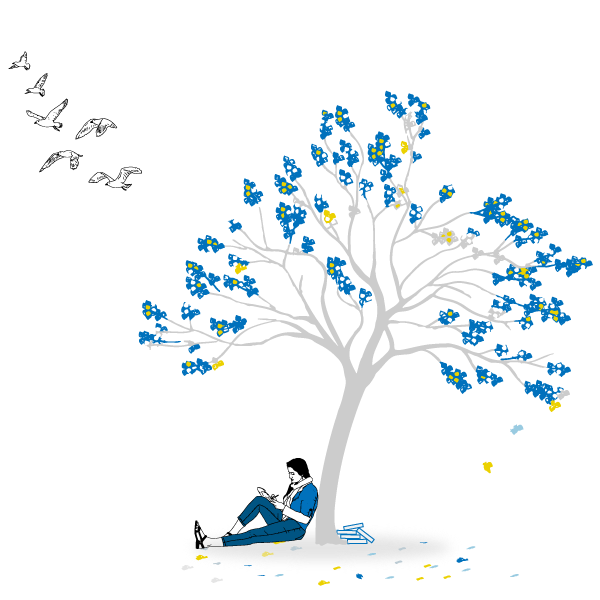“the best and most valuable things”
I want to remember this as my own website evolves (again) and new projects become clearer.
Often the things I share here—my own thoughts, photos from walks, quotes for my Vault, continue to provide value to me at different points in my own creative development. When they are no longer applicable I take them off here.
I thought this article was timely because I have mentioned “auto-editing” in the last few essays I have written. I am not sure if I can do this (the quote below) and continue to use this public digital space as a writing portfolio. You can’t ever really be alone if you have a website, especially linked to any social network. What does this space looks like for me without all that remains to be seen.
I also thought this article was timely because someone recently asked me via Twitter what do I plan on selling via my website or some social network connected to it. My answer was a simple ‘no’ to the question if I was planning on selling. I used to think the most ideal situation would be if I could make money by writing fiction only and not doing anything else. I am grateful that I now know the alternative is as good, if not quite possibly even better.
From a speech given to the 2012 Whiting Award winners by Jeffrey Eugenides
If you try to write posthumously, however, fashion doesn’t apply. You step off the catwalk, ignoring this season’s trends and resigning yourself to being unfashionable and possibly unnoticed, at least for a while. As Kurt Woolf, Kafka’s first publisher in Germany, wrote to him after Kafka’s book tanked, “You and we know that it is generally just the best and most valuable things that do not find their echo immediately.” Fashion is the attempt to evade that principle: to be the echo of someone else’s success and, therefore, to create nothing that might create an echo of its own.
Society at large may not recognize it, but every morning when you go to your writing desks you’re up against not the Yankees but the literary tradition, two thousand years of great works to admire, learn from, compete against, and, hopefully, expand. It’s no small task you’ve set yourself. Don’t let anybody tell you different.
Once you start conceiving of your book as a commodity, you start thinking about readers as potential buyers, as customers to be lured. This makes you try to anticipate their tastes and cater to them. In doing so, you begin to depart from your own inclinations rather than respond to what the Irish novelist, Colm Toibin, has referred to as “the stuff that won’t go away.” “It seems that the essential impulse in working is … to allow what haunts you to have a voice, to chart what is deeply private and etched on the soul, and find a form and structure for it.” Facing up to what haunts you and finding a form and structure for it can never be a commercial enterprise. That stuff’s too chaotic and unpredictable, too messy and gorgeous, to fit a popular template. But it’s the source of your originality and may well prove popular in the end.
Your audience, as it grows, your need for a teaching job, the fact of being taken seriously and reviewed by people—all these things might lead you to over-analyze your words and censor them. As Adrienne Rich put it, “Lying is done with words and also with silence.”
When Kafka was diagnosed with tuberculosis, in Berlin, he reacted at first with a serenity amounting almost to relief. As his health deteriorated, he became more fearful: “What I have playacted is really going to happen,” he wrote in a letter to a friend. “I have not bought myself off by my writing. I died my whole life and now I will really die.”
To die your whole life. Despite the morbidity, I can’t think of a better definition of the writing life. There’s something about writing that demands a leave-taking, an abandonment of the world, paradoxically, in order to see it clearly. This retreat has to be accomplished without severing the vital connection to the world, and to people, that feeds the imagination. It’s a difficult balance. And here is where these ruminations about writing touch on morality. The same constraints to writing well are also constraints to living fully. Not to be a slave to fashion or commerce, not to succumb to arid self-censorship, not to bow to popular opinion—what is all that but a description of the educated, enlightened life? Anyway, it’s the one you’ve chosen, the first fruits of which we’re here to honor tonight.
“stay within yourself.”


Great post Annie! I particularly relate to the Kafka story…reminds me of Hemingway’s quote on writing – “There is nothing to writing. All you do is sit down at a typewriter and bleed.”
By the way… I wish for you a glorious and magical new year…